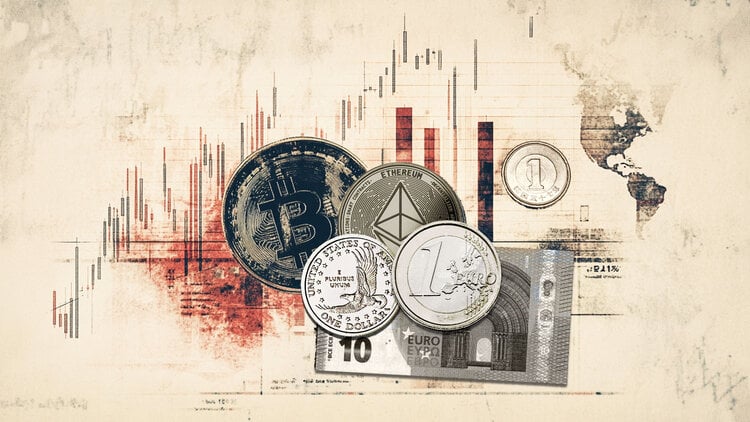Novo Nordisk Makes $5.2bn Bet on U.S. Biotech Akero to Bolster Liver Disease Pipeline and Reignite Growth


Novo Nordisk has announced plans to acquire U.S.-based Akero Therapeutics in a deal worth up to $5.2 billion, marking the Danish drugmaker’s first major move under its new CEO Mike Doustdar.
The acquisition gives Novo access to efruxifermin, a late-stage experimental drug that targets metabolic dysfunction-associated steatohepatitis (MASH) — a severe liver condition increasingly linked to obesity and diabetes.
The deal represents a significant strategic shift for Novo Nordisk, the maker of the blockbuster weight-loss drug Wegovy, as it seeks to strengthen its hold in the fast-growing cardiometabolic therapy space.
Register for Tekedia Mini-MBA edition 18 (Sep 15 – Dec 6, 2025): registration continues.
Tekedia AI in Business Masterclass opens registrations.
Join Tekedia Capital Syndicate and co-invest in great global startups.
Register for Tekedia AI Lab: From Technical Design to Deployment.
Doustdar, who took over as CEO in July, is pursuing a more focused growth path — concentrating on next-generation obesity, diabetes, and cardiometabolic treatments rather than diversifying into unrelated therapeutic areas. The acquisition of Akero is the clearest indication yet of that strategy.
In a statement, Doustdar described efruxifermin as “an important building block for Novo’s next phase of growth”, noting that the company aims to expand its portfolio in areas adjacent to obesity and diabetes, where metabolic dysfunction plays a key role.
His leadership began amid pressure to maintain Novo’s dominance after rival Eli Lilly surged ahead in the obesity drug market with its competing Zepbound therapy. Just weeks ago, Novo announced plans to cut 9,000 jobs globally as part of a restructuring meant to refocus spending on high-impact drug development and acquisitions like Akero.

Efruxifermin (EFX) is one of the most promising MASH therapies in late-stage development, having shown potential to reverse liver scarring — a key indicator of disease severity — in earlier studies. MASH, a progressive form of fatty liver disease, affects an estimated 5% of adults in the U.S., and the market for effective therapies is considered one of the next major frontiers in metabolic medicine.
Earlier this year, Novo’s flagship Wegovy became the first GLP-1-based treatment to receive accelerated approval for MASH in the U.S., giving the company a first-mover advantage. The addition of EFX, which works through a different biological pathway, could strengthen Novo’s dominance in this space and allow for combination therapies targeting multiple aspects of metabolic dysfunction.
Novo had previously discontinued its own MASH candidate zalfermin, which was in the same treatment class as efruxifermin, signaling that the company would rather acquire a proven late-stage drug than continue internal development with uncertain prospects.

A Bigger Appetite for Deals
The Akero acquisition also marks a notable expansion in deal size for Novo Nordisk. Its previous acquisitions in metabolic diseases typically ranged between $1 billion and $2 billion, but the $5.2 billion structure — including $4.7 billion upfront and up to $500 million in milestone payments — underscores a renewed appetite for bolder transactions.
The agreement offers Akero shareholders $54 per share in cash, a 16.2% premium over its last closing price, with an additional $6 per share contingent on full U.S. Food and Drug Administration (FDA) approval of efruxifermin by June 2031.
Akero’s shares surged more than 16% after the announcement, while Novo’s stock dipped about 1%, reflecting investor caution about the short-term financial impact.
Portfolio manager Lukas Leu of ATG Healthcare, a Novo shareholder, said the deal was “encouraging” and a sign that Doustdar is intent on rebuilding confidence after a turbulent year.
“They need to start acquiring assets and expanding their pipeline. This is a step in the right direction, though I remain cautious given the stock is still in the doghouse,” he said.
Novo’s move comes as it prepares for a loss of exclusivity on semaglutide, the active ingredient in Wegovy and Ozempic, in several markets, including India and China, starting next year. The acquisition of Akero offers a pathway to diversify earnings and hedge against that risk.
The company plans to finance the deal through debt and expects it to close by the end of 2025, pending regulatory approval.
Analysts at BMO Capital Markets described the acquisition as part of a broader effort by Doustdar to “bring the ship back on course.” They said the combination of strategic restructuring and a focus on high-growth disease areas could set the stage for long-term recovery.
Meanwhile, competitors such as Roche and GSK have been moving into similar territory, betting on MASH and related metabolic conditions as the next lucrative frontier after diabetes and obesity drugs.
Despite investor anxiety, Novo’s shares have risen 11% since Doustdar’s appointment, suggesting that the market is beginning to respond to his decisive strategy — one that is not only defensive but also growth-oriented in the post-Wegovy era.




